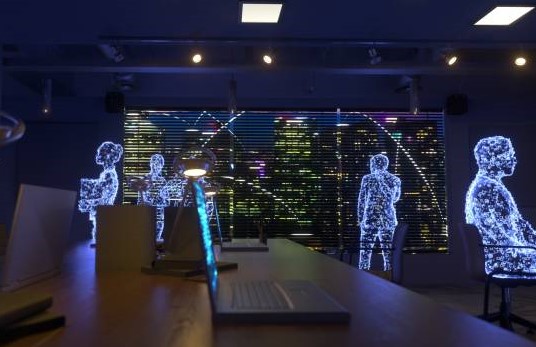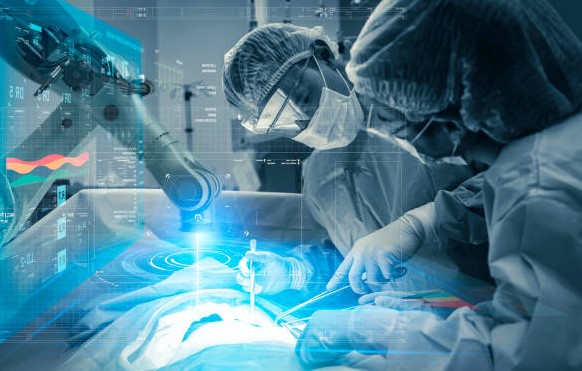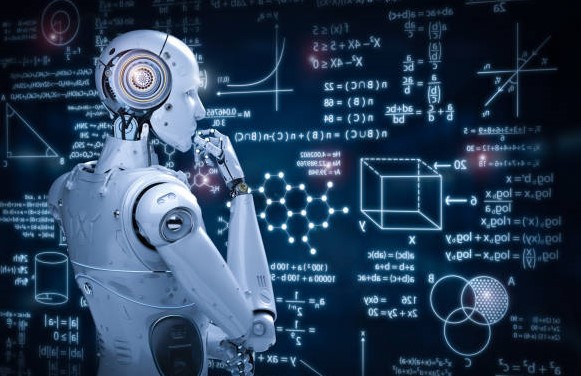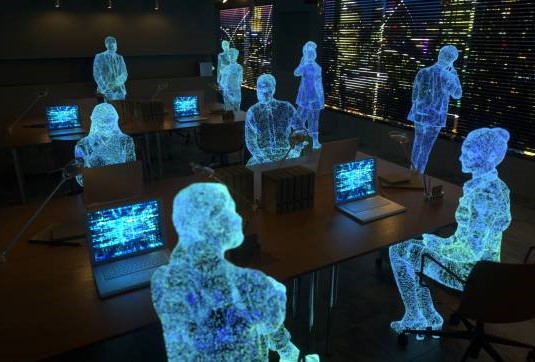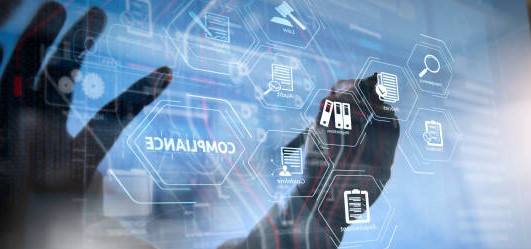Introduction
As artificial intelligence (AI) continues to advance and evolve, it is increasingly becoming an integral part of our daily lives. From personalized recommendations on streaming services to autonomous vehicles on our roads, AI is transforming the way we interact with technology and the world around us. However, the impact of AI extends far beyond just consumer products and services. AI has the potential to revolutionize every aspect of our lives, from healthcare and education to business and government. In this article, we will explore how AI is poised to reshape our world and the challenges and opportunities that lie ahead.
Impact of Artificial Intelligence in Aspect of Life
Artificial intelligence (AI) has come a long way since its inception, and it is now poised to revolutionize every aspect of our lives. From healthcare and education to business and government, the impact of AI is far-reaching and profound. In this article, we will explore how AI is set to impact every aspect of life and the challenges and opportunities that come with it.
Healthcare
One of the most exciting applications of AI is in healthcare. AI is already being used to help doctors and nurses make more accurate diagnoses, and it is also being used to develop new treatments and drugs. For example, AI-powered robots are being used to perform surgeries, and machine learning algorithms are being used to analyze medical images such as X-rays and MRI scans to detect anomalies that might be missed by human doctors. AI is also being used to develop personalized treatment plans for patients based on their medical history, genetics, and other factors.
Education
AI is also poised to transform the way we learn. With the rise of e-learning platforms, AI can be used to personalize the learning experience for students. AI-powered algorithms can analyze student data and adjust the curriculum to meet their individual needs. This can help students learn at their own pace, and it can also help teachers identify students who might be struggling and provide additional support. AI can also be used to create interactive and engaging learning materials, such as virtual reality simulations and gamified learning modules.
Business
AI is already being used to improve efficiency and productivity in many industries. For example, in manufacturing, AI-powered robots can be used to automate repetitive tasks and increase output. In finance, AI can be used to analyze data and identify patterns that humans might miss, such as fraud or market trends. AI can also be used to improve customer service by providing personalized recommendations and assistance based on customer data.
Government
In government, AI has the potential to improve efficiency and reduce costs. AI-powered systems can help with everything from optimizing transportation and logistics to enhancing public safety and security. Governments can also use AI to analyze data and make evidence-based policy decisions.
Societal Changes
As AI technology continues to advance and become more widespread, it is likely to have profound societal impacts. For example, AI could lead to job displacement as automation becomes more prevalent. This could result in significant changes to the labor market and the way we work. Additionally, AI could exacerbate existing inequalities and biases, such as those related to race and gender, if not implemented thoughtfully.
Challenges in Ai
One of the key challenges in the deployment of AI is the potential for bias in algorithms. If AI is not trained and programmed properly, it can perpetuate existing inequalities and discriminate against certain groups. For example, facial recognition software is less accurate when identifying people of color, leading to concerns about racial bias in law enforcement applications. Developers and policymakers must work together to ensure that AI is ethical and transparent, with appropriate safeguards in place to mitigate the risk of bias.
Another challenge is the potential impact of AI on the workforce. While AI has the potential to increase productivity and efficiency, it may also displace workers in certain industries. It is important to develop policies and programs to support workers in transitioning to new roles or industries as automation becomes more widespread.
Despite these challenges, the potential opportunities of AI are vast. In healthcare, AI can help doctors diagnose and treat diseases more accurately and efficiently. It can also help researchers analyze large datasets and develop new treatments and therapies. In education, AI can personalize learning experiences for individual students, adapting to their unique needs and abilities. It can also automate administrative tasks, freeing up teachers to focus on teaching.
In business, AI can optimize supply chains, improve customer service, and predict consumer behavior. It can also automate routine tasks, allowing workers to focus on more complex and creative work. In government, AI can improve the efficiency and effectiveness of public services, from transportation to social services. It can also help policymakers make more informed decisions based on data-driven insights.
Thoughts
The impact of AI on every aspect of our lives is undeniable. As technology continues to evolve and mature, it is important that we recognize and address the challenges while embracing the opportunities. By doing so, we can ensure that AI is used to improve the lives of all people and create a more equitable and sustainable future for our society.

